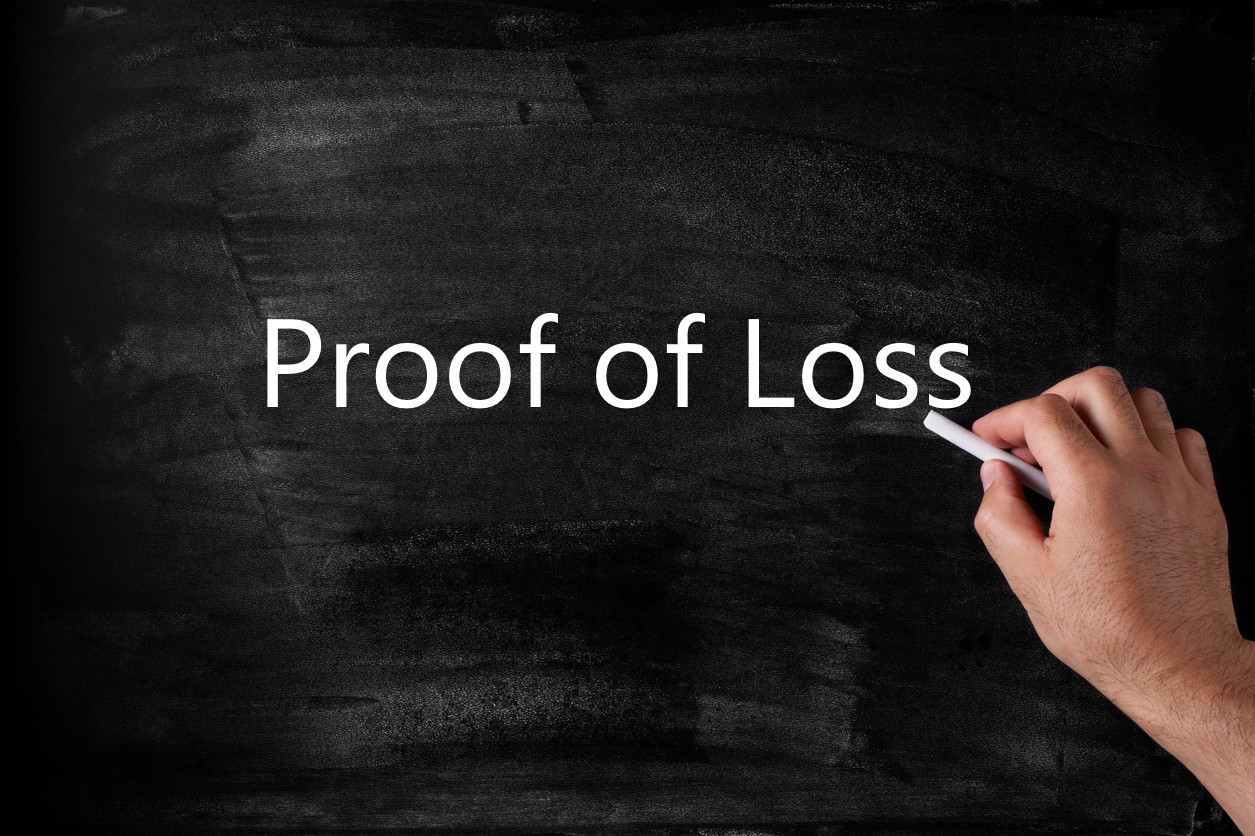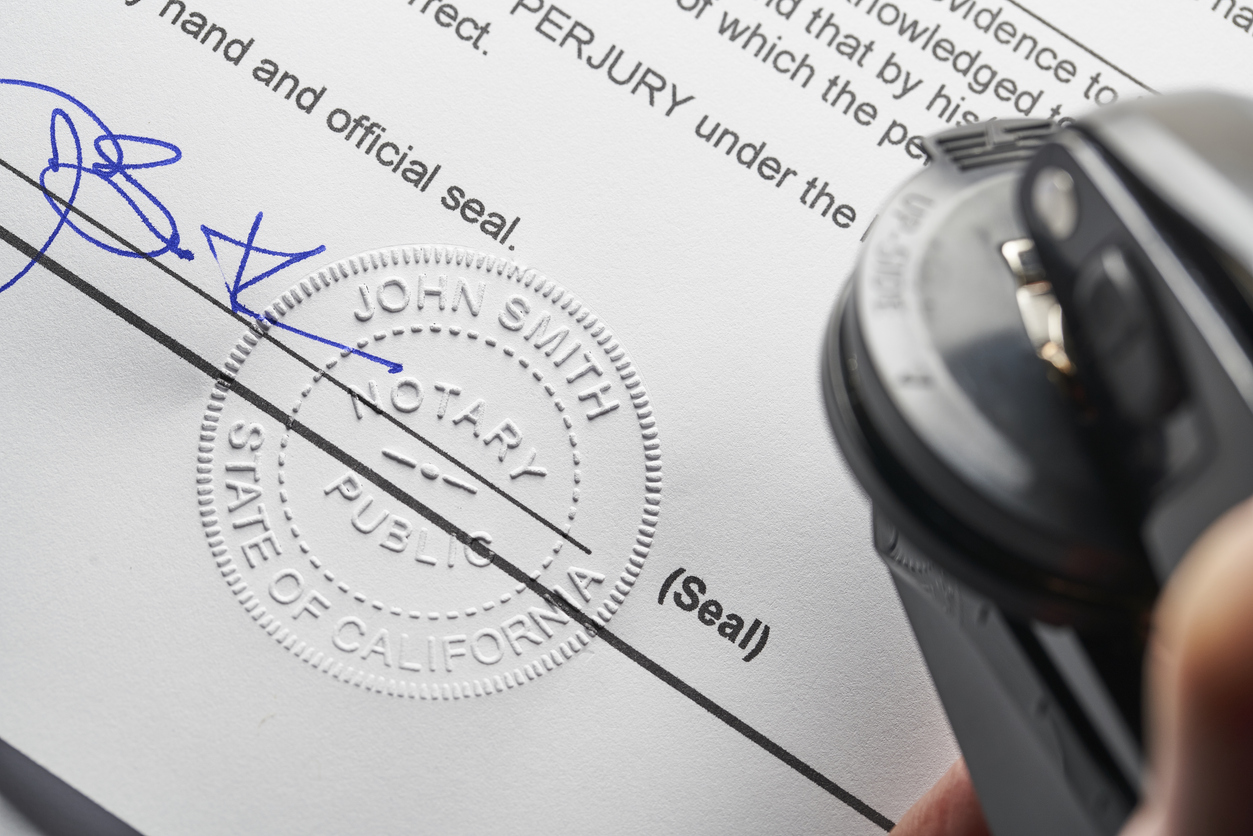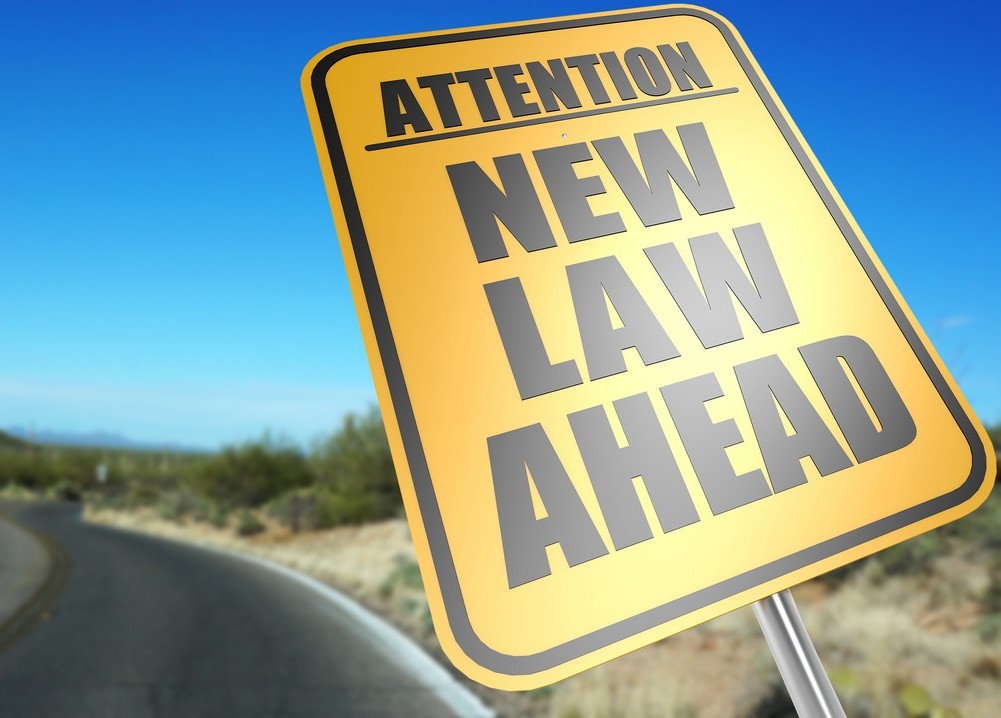The interests and needs of policyholders is why public adjusters get to make a living adjusting claims. The financial interests of the public adjuster are not paramount to the policyholder. The public interest is paramount over the public adjuster trade. So long as public adjusters properly serve policyholders, serve the public interest, and strive to raise the bar of those participating in their trade, they will be allowed to practice what used to be illegal in Florida, is limited in some states, and still illegal in a few states.
Last week, a great deal of discussion was generated from three posts:
- Hurricane Michael Victims: Watch Out For Scammers and Criminals
- Writing Estimates or Aiding in the Preparation of a Hurricane Michael Claim Requires a Public Adjuster License
- Florida Department of Insurance Says Anybody Hired By a Licensed Public Adjuster Can Participate in Preparing an Insurance Claim By Writing the Insurance Estimates of Damage
When I wrote about a change of law in July 2017 post, Insurance Consultants and People Not Licensed as Public Adjusters Cannot Work on Property Insurance Claims, very few seemed to care.
I have always been concerned that if public adjusters do a poor job, get accused of insurance fraud or were perceived as being more concerned about lining their pockets at the expense of policyholders getting great service, the public adjuster profession would come under attack. Paul Cordish always warned that the victories of getting states to license public adjusters would always be subject to two powerful interests carefully monitoring how public adjusters performed: the insurance industry and the legal bar associations. I noted long ago these two organizations could turn and attack public adjusting:
The Texas Association of Public Insurance Adjusters (TAPIA) held its first meeting in Houston, Texas, yesterday. I was happy to see that the organization has dedicated itself to a mission of protecting policyholders. I was also happy that Mary Fortson, of our firm, was selected as its General Counsel.
Public adjusters can do a lot of good for policyholders. Their ability to do so can be highly controversial with the legal bar. Knowing insurance law is as important to a public adjuster as knowing criminal search and seizure law is to a police officer. However, neither may practice law.
* * * *
Today, Brian Goodman performs the same function as General Counsel to NAPIA and does a wonderful job eloquently expressing many of the same messages to the general membership as Paul Cordish. In my view, NAPIA has been blessed by these two attorneys providing terrific counsel to a profession often under attack by the insurance industry and then by the legal bar.1
Public adjusters should always have as their paramount concern policyholders and do everything they can to create regulations which demand that everybody in their trade do the same. In 2010, I wrote the following in, Insurance Agents Should Not Adjust Claims and Public Adjusters are Not Insurance Agents — But They Need to Listen to One Another:
1. Should we reduce policyholder benefits by removing consumer protection statutes?
2. Should there be stronger oversight of public insurance adjusters?
From the policyholder’s viewpoint, I think the answers are:
1. No
2. Yes
I will understandably catch grief from insurers and public adjusters for these answers. Yet, when I helped form the Florida Association of Public Insurance Adjusters eighteen years ago, I told those in attendance that they would succeed so long as they always looked at their vocation as first serving policyholders. If so, they would always be “on the side of angels.” I suggest that the same should hold true for those managing insurance companies, insurance agencies and those making laws for Florida citizens.
* * * *
Can you better serve policyholders by raising the professional bar of what is expected of you and your peers?
* * * *
I have been very up-front when people ask me what changes I would suggest could be made. Keeping it simple, I suggest a significant raise in the public adjuster licensing fee so that more market conduct studies of public adjuster files would routinely be conducted by the Office of Insurance Regulation. The law is already in place to do so, but it is rarely done regarding public insurance adjuster files. Knowing that regulators will periodically be looking at files and talking with clients is one sure way of raising the professional bar of public insurance adjusters.
Could you imagine how honest all Americans would be regarding income tax if there were no audits? This simple regulatory step would be significant if used with significant penalties for non-compliance. Hardworking, honest and professional public adjusters would support this change as well because it would show either their industry has significant problems, as suggested by the insurers, and help clean it up, or, alternatively, it would help prevent wrongful conduct by adding a significant risk that otherwise honest public adjusters would be caught. Maybe we can come together and make some win-win laws and regulations.
I have never stopped trying to enhance the reputation of public adjusters. I have encouraged public adjuster leaders to take a long-term view of protecting their members and always putting the interests of policyholders above their own short-term pecuniary concerns. I have looked at public adjusting as a profession.
Adjusting requires time with the policyholder. Estimates of loss cannot be properly made without taking sufficient time with the client. A complete investigation of facts and evaluation of facts regarding valuation requires intimate work with the policyholder.
Many public adjusters now send to unlicensed third-parties these paramount aspects of what public adjusters are supposed to do. Many leaders in the field see the same thing—so does the insurance industry. They are concerned those given the license are delegating those duties and obligations to unlicensed people, and that is wrong.
It was never the intent to allow the delegation of significant duties to unlicensed people. It cheapens the license and questions whether public adjusters should have such a license and privilege in the first place.
We should be big fans of policyholders being treated right following a loss. As far as I know, I have been advocating for professional public adjusting longer than any other lawyer. We all should be fans of public adjusters that are true professionals. We should certainly be fans and grateful for licensed restoration contractors who are committed to and provide quality work. We should applaud insurance companies paying fully and promptly for losses to their customers—I just wish it happened more often. The bottom line is how do we make this a reality, and we can certainly have different views about how to do it and how much we will demand to make it a reality.
Thought For The Day
“Deciding what not to do is as important as deciding what to do.”
—Jessica Jackley
_________________________________
1 TAPIA is Formed and the Unauthorized Practice of Law is Discussed (https://www.propertyinsurancecoveragelaw.com/2009/10/articles/insurance/tapia-is-formed-and-the-unauthorized-practice-of-law-is-discussed/)



